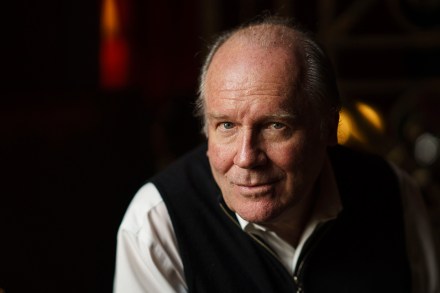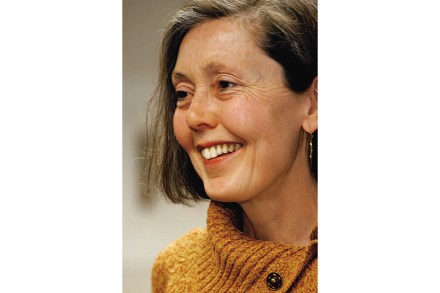The comfort of curling up with a violent thriller
Tsundokists of the world, unite! You have a new champion in Lucy Mangan, whose follow up to her entrancing memoir of childhood reading (Bookworm) is an unabashed paean to the pleasure of acquiring more books than you could ever possibly read in your life. That does not stop Mangan from trying, and this is a whirlwind tour through her voracious, encyclopaedic adult reading habit, one that not so much offers evidence of ‘how reading shapes our lives’, but how life shapes our reading. The ‘forced march’ of patriarchal school set texts in Mangan’s teens is relieved when she inherits a Maeve Binchy doorstopper and first encounters a book that is



